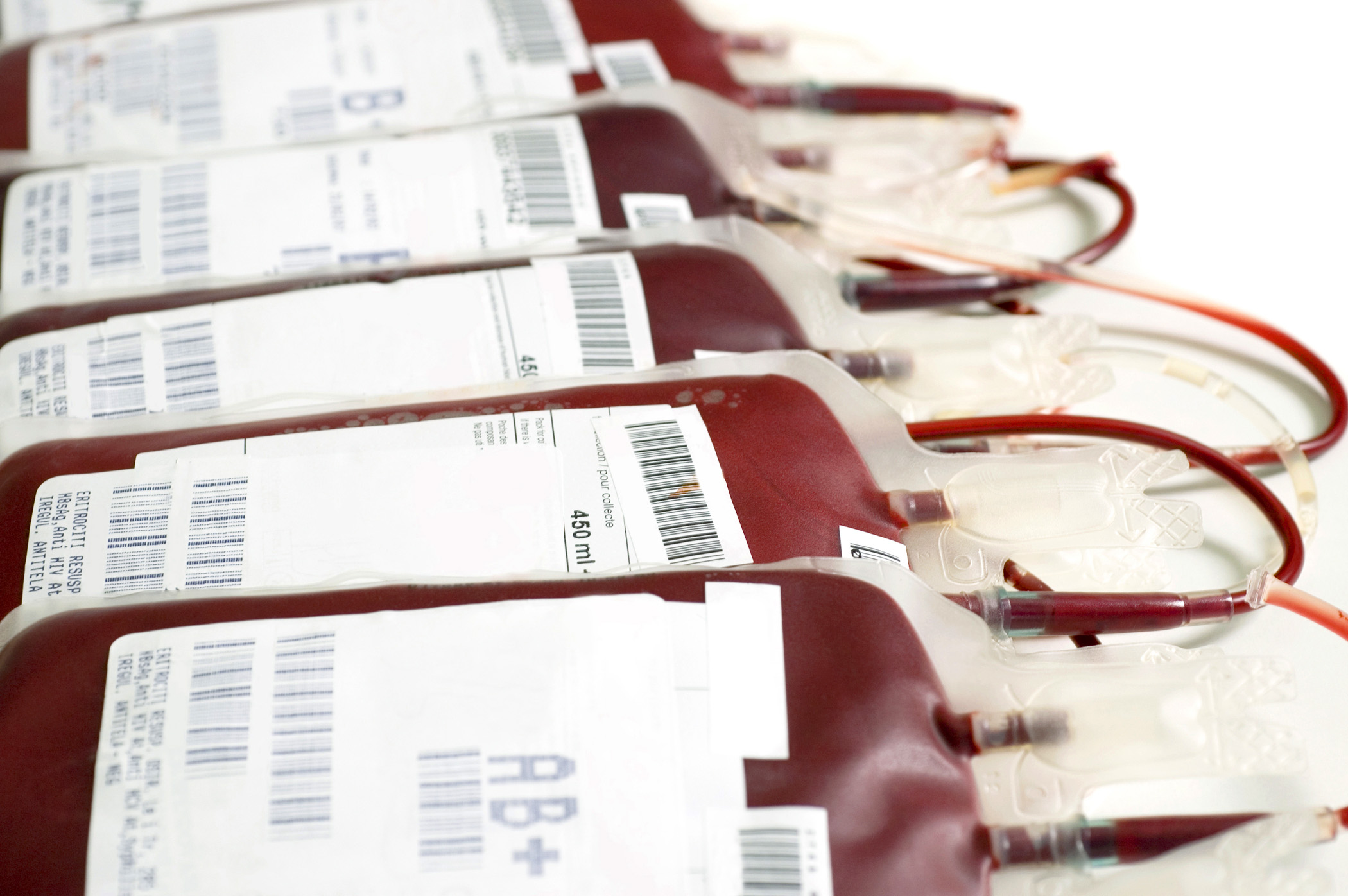- Home
- Medical news & Guidelines
- Anesthesiology
- Cardiology and CTVS
- Critical Care
- Dentistry
- Dermatology
- Diabetes and Endocrinology
- ENT
- Gastroenterology
- Medicine
- Nephrology
- Neurology
- Obstretics-Gynaecology
- Oncology
- Ophthalmology
- Orthopaedics
- Pediatrics-Neonatology
- Psychiatry
- Pulmonology
- Radiology
- Surgery
- Urology
- Laboratory Medicine
- Diet
- Nursing
- Paramedical
- Physiotherapy
- Health news
- Fact Check
- Bone Health Fact Check
- Brain Health Fact Check
- Cancer Related Fact Check
- Child Care Fact Check
- Dental and oral health fact check
- Diabetes and metabolic health fact check
- Diet and Nutrition Fact Check
- Eye and ENT Care Fact Check
- Fitness fact check
- Gut health fact check
- Heart health fact check
- Kidney health fact check
- Medical education fact check
- Men's health fact check
- Respiratory fact check
- Skin and hair care fact check
- Vaccine and Immunization fact check
- Women's health fact check
- AYUSH
- State News
- Andaman and Nicobar Islands
- Andhra Pradesh
- Arunachal Pradesh
- Assam
- Bihar
- Chandigarh
- Chattisgarh
- Dadra and Nagar Haveli
- Daman and Diu
- Delhi
- Goa
- Gujarat
- Haryana
- Himachal Pradesh
- Jammu & Kashmir
- Jharkhand
- Karnataka
- Kerala
- Ladakh
- Lakshadweep
- Madhya Pradesh
- Maharashtra
- Manipur
- Meghalaya
- Mizoram
- Nagaland
- Odisha
- Puducherry
- Punjab
- Rajasthan
- Sikkim
- Tamil Nadu
- Telangana
- Tripura
- Uttar Pradesh
- Uttrakhand
- West Bengal
- Medical Education
- Industry
Health Ministry permits transfer of blood between Blood Banks

The Ministry of Health & Family Welfare has identified two major initiatives towards better utilisation of blood and blood components, as part of its commitment to ensure safe blood and enhanced access to blood products, on the recommendation of the National Blood Transfusion Council. The first step is permitting the transfer of blood from one blood bank to another. This was not allowed earlier and will help in transfer of blood to places of scarcity. Detailed guidelines for proper and efficient transport of blood between banks have been prescribed.
The second step is fixing of an exchange value for surplus plasma available at some blood banks in the country. In the absence of the enabling provision, surplus plasma was traded or sold by the blood banks without any regulation whatsoever. Now an exchange value of Rs.1600/- per litre of plasma has been fixed and the blood banks with surplus plasma can exchange it for consumables, equipments etc. or plasma derived products, as per their need. This exchange, however, cannot be in terms of cash. This step is expected to increase the availability of essential life saving medicines like human albumin, immunoglobulins, clotting factors, etc. which are all derived from plasma. This step would also reduce the country’s dependence on import of these products.
The National Blood Transfusion Council under the Ministry of Health & Family Welfare is the apex body for formulating policy matters pertaining to the organisation, operation, standards and training of a sustainable and safe blood transfusion service for the country, set up under the directions of the Hon. Supreme Court of India.
The second step is fixing of an exchange value for surplus plasma available at some blood banks in the country. In the absence of the enabling provision, surplus plasma was traded or sold by the blood banks without any regulation whatsoever. Now an exchange value of Rs.1600/- per litre of plasma has been fixed and the blood banks with surplus plasma can exchange it for consumables, equipments etc. or plasma derived products, as per their need. This exchange, however, cannot be in terms of cash. This step is expected to increase the availability of essential life saving medicines like human albumin, immunoglobulins, clotting factors, etc. which are all derived from plasma. This step would also reduce the country’s dependence on import of these products.
The National Blood Transfusion Council under the Ministry of Health & Family Welfare is the apex body for formulating policy matters pertaining to the organisation, operation, standards and training of a sustainable and safe blood transfusion service for the country, set up under the directions of the Hon. Supreme Court of India.
Meghna A Singhania is the founder and Editor-in-Chief at Medical Dialogues. An Economics graduate from Delhi University and a post graduate from London School of Economics and Political Science, her key research interest lies in health economics, and policy making in health and medical sector in the country. She is a member of the Association of Healthcare Journalists. She can be contacted at meghna@medicaldialogues.in. Contact no. 011-43720751
Next Story


